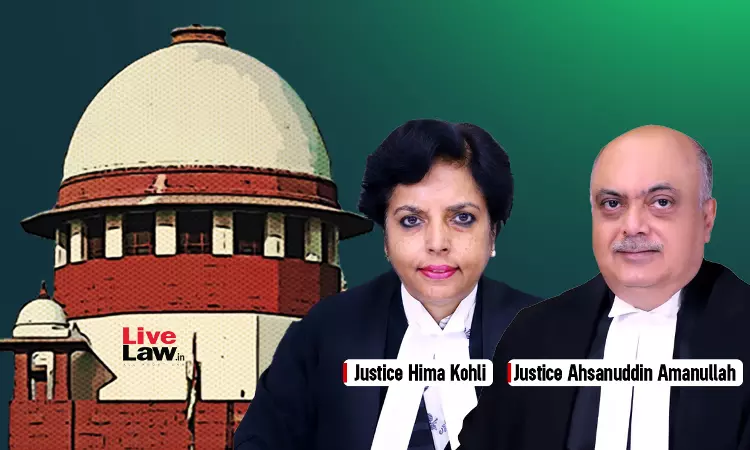Judge Not Post Office Of Prosecution, Must Apply Judicial Mind To Determine If Case For Trial Is Made : Supreme Court
Gursimran Kaur Bakshi
26 Aug 2024 1:34 PM IST

Next Story
26 Aug 2024 1:34 PM IST
While quashing two orders passed by the Special Judge, CBI in a corruption case against the appellant Karnataka EMTA Coal Mines Ltd, the Supreme Court on August 23 held that the CBI judge failed to apply his mind to determine whether a case for trial was made out by the prosecution at the discharge stage under Section 227 of the Code of Criminal Procedure, 1973 (CrPC).The Court said that...
